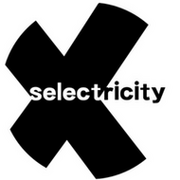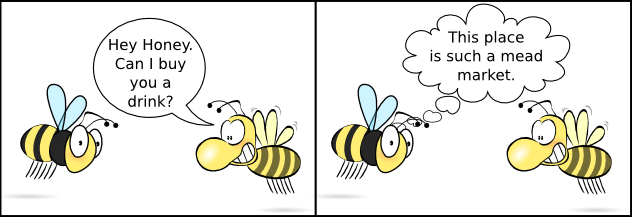I announced the Official Ubuntu Book roughly a year ago. Several months ago, I wrote this in the preface of the second edition:
As we write this, it is one year since we penned the first edition of The Official Ubuntu Book. The last year has seen Ubuntu continue its explosive growth, and we feel blessed by the fact that The Official Ubuntu Book has been able to benefit from, and perhaps in a small even contribute to, that success.
It’s an honor indeed. The first edition received almost universally good reviews and sold very well. Due to the book’s success, most of the group that brought out the first edition (plus a few others) reunited to update the text for Ubuntu 7.04 (Feisty Fawn).
After months of hard word and waiting, printed copies of the Official Ubuntu Book Second Edition arrived in my office today! They should be shipping out of the online stores very soon.
The new version is updated throughout to reflect changes in Ubuntu over the last two releases and to document new features and improvements. Trying to keep a book like this up to date is a great way to learn about just how fast moving Ubuntu is (answer: very). Meanwhile, Edubuntu has blossomed over the last year. Through the work of Peter Savage, we’ve included a new chapter that deals with Edubuntu in depth.
The book is bigger (almost 450 pages!), better, and more up-to-date. It provides a great introduction for those that are uninitiated to Ubuntu or to GNU/Linux and free software in general. We’ve tried to keep the price down (it is available for $27 plus shipping from most online stores) and should ship almost immediately. Best of all (at least to me), the whole book is released under a free culture license (CC BY-SA).
The book is a major improvement on what was already a very solid piece of documentation. Everyone who contributed to the book (the list is too long to put up here) should feel proud. It was a lot of work but it shows. The opportunity to represent the Ubuntu community in this way, and to try to live up the distribution’s high technical standard with the "official" branding, is a challenge and a reward that is worth the effort.
You can order the book from Amazon or find it in any of many other sources.


